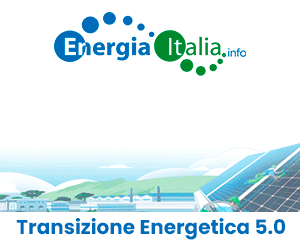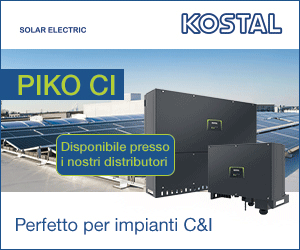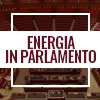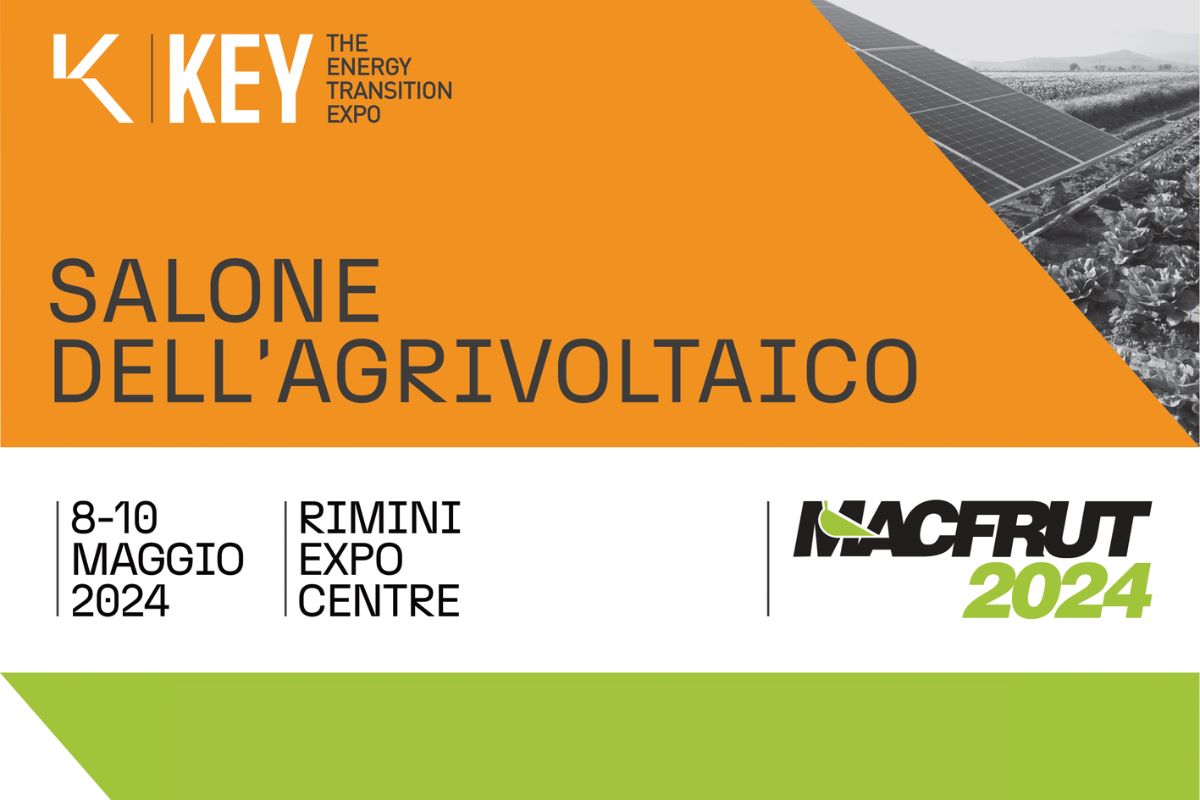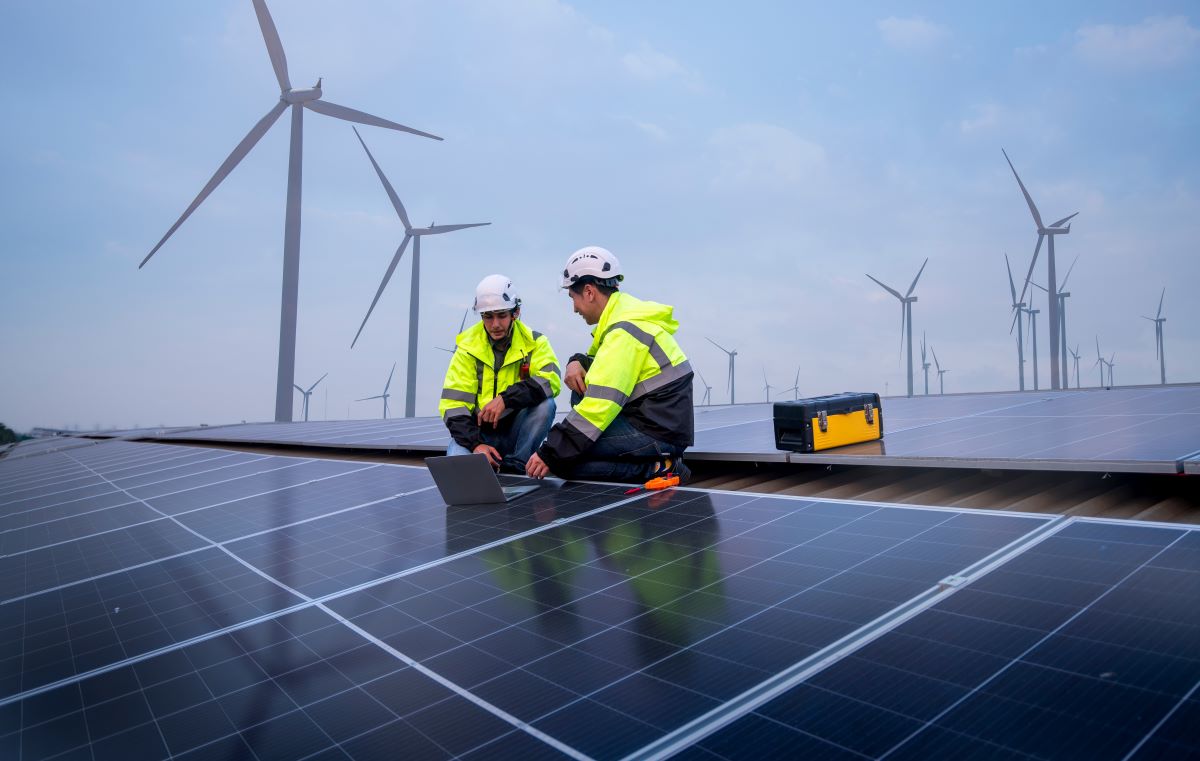“The analysis of the costs of current photovoltaic support schemes shows that self-consumption, if favoured by adequately-designed measures, can be the basis for reducing the costs of support schemes in general and that of feed-in-tariffs in particular”, highlighted Georg Lettner, from Vienna University of Technology.
Results of the project also show that self-consumption measures must be accompanied by fair compensation for the electricity injected into the grid, in order to ensure the competitiveness of installations driven by self-consumption. This means that, for the time being in most European countries, the compensation for the electricity fed into the grid (and not self-consumed) still needs to be higher than the market price of electricity.
Enhancing self-consumption can be achieved through various types of measures, such as optimisation of PV system size and demand-response measures where decentralised storage could play a demonstration role.
“Self-consumption needs a specific regulatory framework, with a right to self-consume to be implemented and a lot of design criteria to be considered. Unfortunately, the aspect of self-consumption was not sufficiently addressed by the EU in its recently-published guidance package. With this initiative, the European Commission could have provided indications on how to foster decentralised powergeneration, in particular PV at prosumer level”, said Fabian Pause, from SUER – the German Foundation for Environmental Energy Law.
The regulatory framework for PV self-consumption should ensure a fair remuneration for PV systemowners while guaranteeing the financing of grid operators. As the reduction of electricity bills through self-consumption leads to lower revenues for grid operators and public bodies, it increases the existing pressure for a revision of the way grids are financed. However, self-consumption of PV is only one of many different drivers for adaptations in grid costs.
The burden of grid compensation should therefore not fall disproportionately on PV system owners and should only be reflected gradually, as it would otherwise push back the moment when PV can be competitive without support. The question of alternative grid financing should instead be considered at system level, in particular as PV can have a beneficial impact on grid costs even with relatively high penetration levels.
Follow QualEnergia.it on ![]() and
and ![]()












